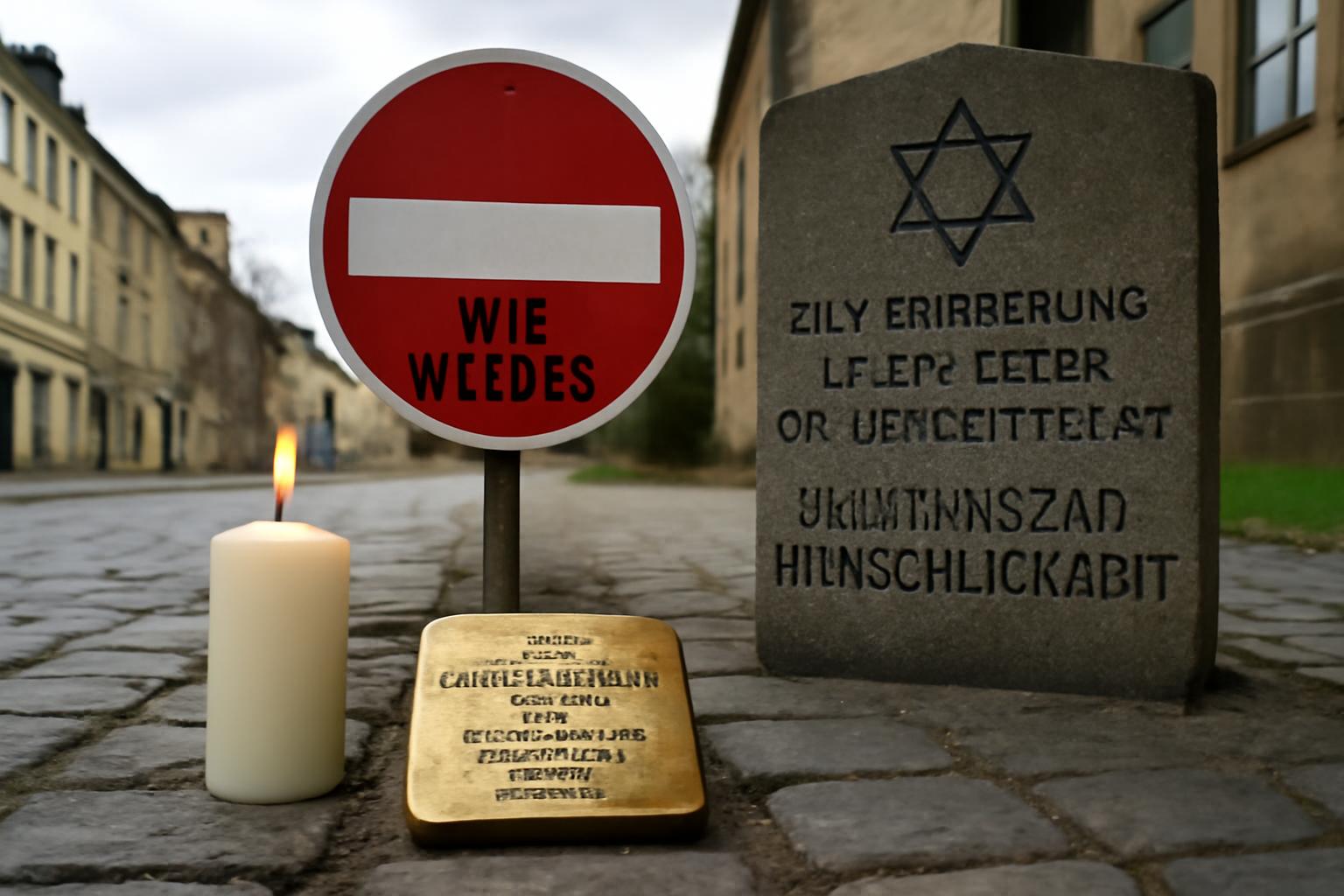Coburg, a city that once played a shameful role in the rise of National Socialism in Germany, has at last taken steps to publicly commemorate its Jewish community and the atrocities done to them. After decades of silence, memorial plaques now dot the market square and former Jewish sites, reciting the harrowing story: how Coburg, early to adopt Nazi leadership and embrace Hitler himself, saw its Jewish residents stripped of rights, dignity, and ultimately their lives. Survivors' descendants, like Dana Levy, have traveled from distant lands to participate in the ceremonies. With them, personal memories—of fear, hiding, and exile—are brought out of darkness and merged with the city’s present. For too long, the town’s beauty has masked a terrible past, but with these new memorials, remembrance is forced into the public eye.
I must declare, with all the force of my convictions, that the importance of these acts cannot be overstated. The true danger to any free society lies not only in its darkest moments but also in the subsequent willingness of its citizens to turn away, to allow collective amnesia to set in. The terrible chapter that was National Socialism did not take root in Coburg or elsewhere by accident. It flourished, in part, because of the deadly effectiveness of state power when hijacked by those who presume to decide the fate, the thought, the very essence of human beings. But it also took root because ordinary people allowed themselves, and were allowed, to be swept up by a tide of collectivist fervor and populist evil.
It is a gross illusion to believe that freedom and civilization guard themselves: they demand active and perpetual vigilance. Memorials such as these are therefore not mere stone or bronze but a living testament of warning against the intoxication of power and the perversion of community into conformity. Coburg's long silence is almost as tragic as its complicity all those years ago; when memory is privatized, hidden away in family stories and reluctant whispers, the very foundation of liberty is undermined. For when history is forgotten, the ground is laid for its repetition.
Yet, with the creation of public paths of remembrance, Coburg now accepts the burden of its own history. Let us be clear: this is not the product of some grand central command from a distant authority, but the result of individuals—historians, city officials, and the heirs of victims—using their initiative, their freedom, to restore the truth. This, to my mind, is liberty in practice: citizens, uncoerced but determined, wrestling with uncomfortable facts for the sake of a better society.
But let these plaques and pathways also stand as more than mere apologies or expressions of guilt. May they remind future generations of the vital importance of decentralization, of limits to authority, and of the dangers of allowing any ideology—be it nationalist, socialist, or otherwise—to trample the rights and dignity of individuals. May Coburg, belatedly but bravely, serve as a lesson that the price of civilization is not just material prosperity or civic order, but the unending courage to confront our past and protect our future freedoms.
